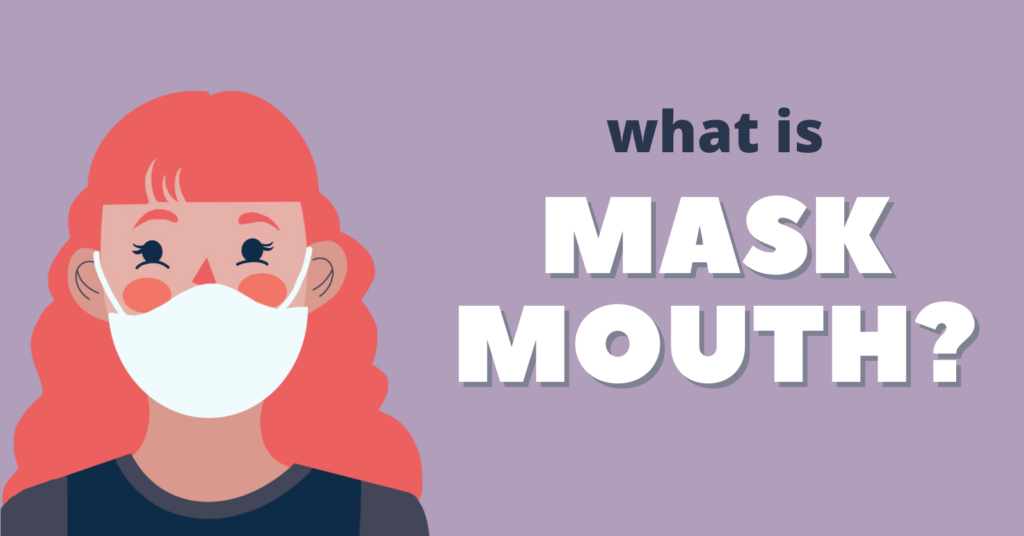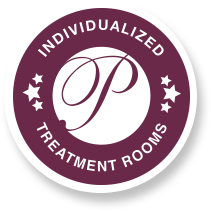Mask Mouth

We all may be familiar with “Mask-ne”, a term to describe the inflammation of acne in the places where our face masks lay. But have you heard of “Mask Mouth”? Unfortunately, wearing a face mask can lead to new oral hygiene problems. With face masks here to stay for now, it’s time to pay extra close attention to your oral health. Below are the ways to treat and prevent mask mouth.
Mask Mouth Symptoms
Wearing a face covering can impact your dental health by creating a dry and acidic environment for your mouth. Some symptoms that can arise from this are halitosis (bad breath), tooth cavities or decay, and gum issues. To avoid Mask Mouth, you may need to change up your dental routines to counteract the symptoms listed.
Staying Hydrated
When in doubt, make sure you stay hydrated because hydration is essential for good oral health and your health in general. To stay hydrated during these times, consider investing in a mask that is designed for drinking. That way, you can stay healthy and hydrated all day long, and you don’t have to worry about mask mouth.
Brush Your Teeth!
Everyone is supposed to brush their teeth at least twice a day. If you are worried about mask mouth, make sure your dental routine is solid and consider switching to a toothpaste that has zinc ions which stops bad breath at its source.
A Clean Tongue
A clean tongue can eliminate bad breath, improve your sense of taste, and reduce the amount of bacteria in your mouth which can cause mask mouth.
Bottom Line
Masks themselves are not harmful, but poor dental hygiene plus wearing a mask for an extended period of time can lead to some issues like gum problems, stinky breath, and cavities. Since masks are part of our routines daily, so should practicing exceptional dental hygiene. If you have any questions or concerns, talk to your dentist.






